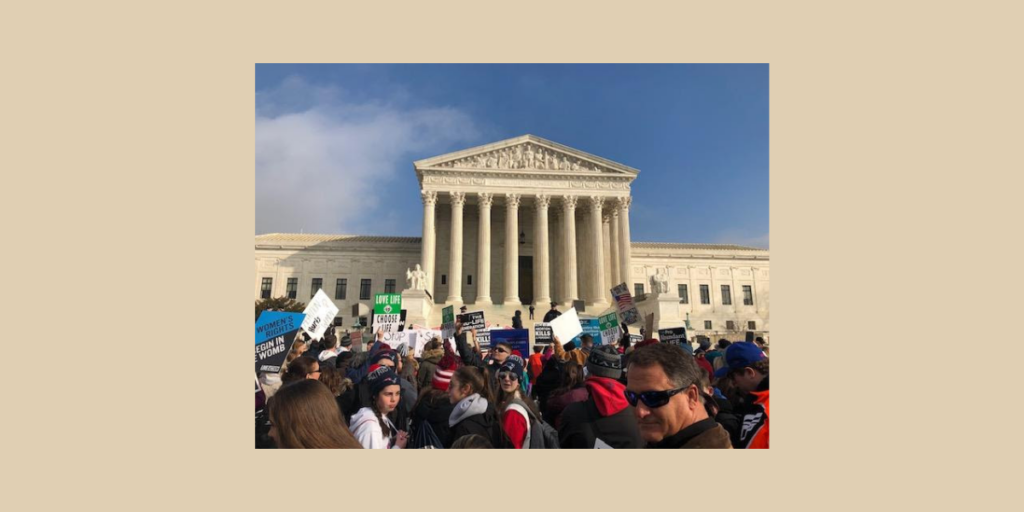
Supreme Court Allows, for Now, Emergency Abortions in Idaho
Originally published by AUL. The Supreme Court issued its decision in Moyle v. United States, the case that considers whether the Emergency Medical Treatment and Active Labor Act (EMTALA) requires emergency room medical personnel to perform “stabilizing” abortions in certain circumstances. Congress passed EMTALA to address patient dumping and protect women in active labor as well as their unborn children. The statute says nothing about abortion.
This is a highly fractured decision. The case was basically a legal wrangle between Idaho and the Biden administration over the meaning of the term “serious health harm” in the EMTALA statute, and whether pro-life doctors could be forced to do such abortions.
The outcome is a 3-3-3 split. Kagan, for three, said that the Biden administration should win under the circumstances presented. Alito, for three, said that Idaho should win because the Spending Clause legislation doesn’t extend to overriding a state’s abortion law. The rub was in the middle, where Barrett wrote for three saying that circumstances had “narrowed” based on representations by the Biden administration at oral argument (and in the oral argument in Alliance for Hippocratic Medicine) that health care rights of conscience would be respected per federal law and that the scope of a “necessary abortion” did not include abortions for mental health, which would have indeed vitiated Idaho’s pro-life law. I detect some “buyer’s remorse” on the part of the Justices in the middle of the Court; they granted emergency relief on the basis of a broad “abortion mandate” under EMTALA, and that assertion largely evaporated when the Solicitor General had to stand up in the Court and defend it. Obviously, the administration’s position was political from the start, and did not survive the withering gaze of the Justices.
This is the Biden administration’s fault. It could have withdrawn its lawsuit after the Idaho Supreme Court clarified that the law doesn’t require “an immediate risk of death”, but it nonetheless continued until the Solicitor General clarified at oral argument that it didn’t mean what it said. Idaho, for its turn, had to pursue the case to this point because the “mental health exception” would have vitiated its law.
On remand, even though the injunction is in place, the three justices in the middle, led by Barrett, appear to believe that as clarified, the injunction does not prohibit Idaho from enforcing its pro-life law except potentially in rare circumstances. The case will develop further in the lower courts and the Supreme Court seems ready, willing, and able to review the case again once an appropriate factual record based upon the Biden administration’s actual position is developed.
